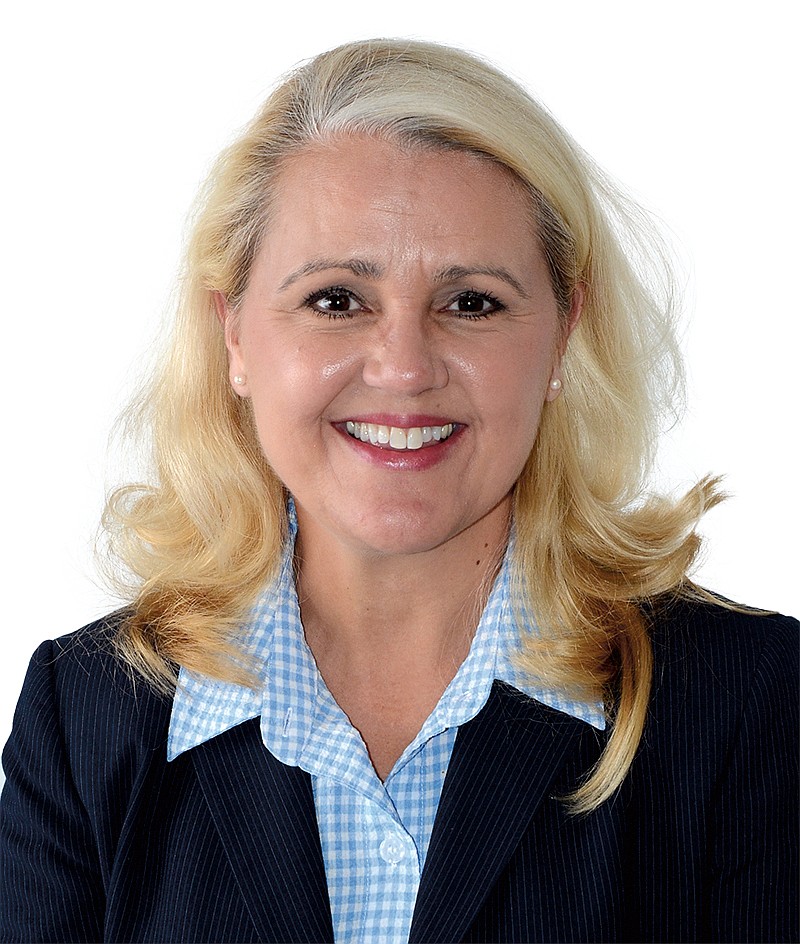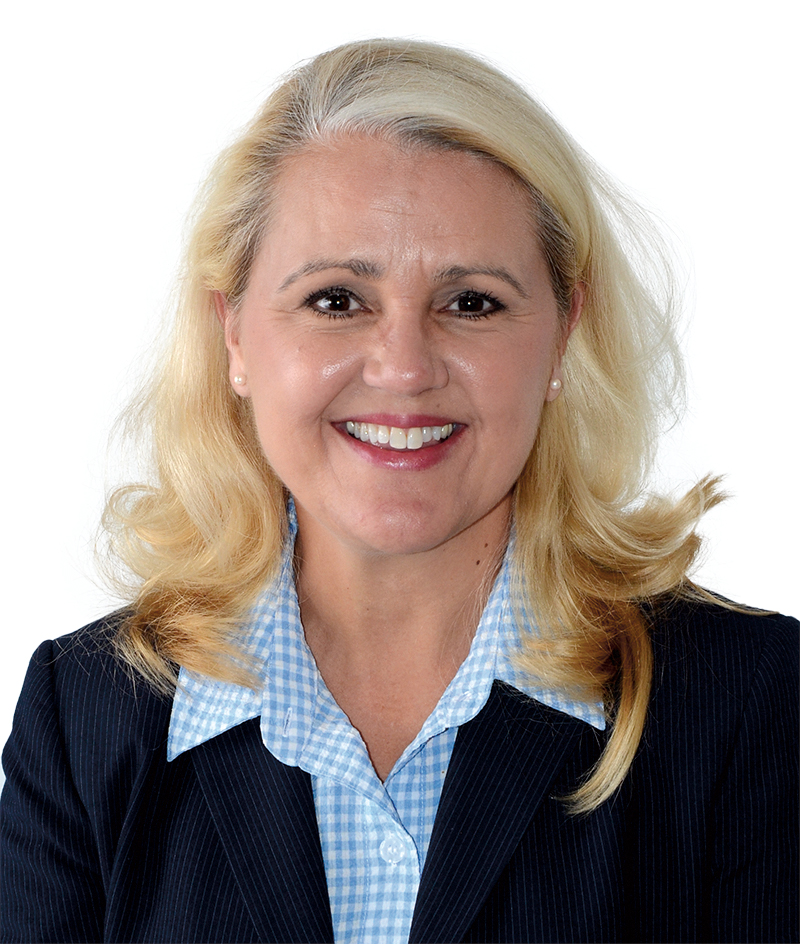Only 36 percent of U.S. adults "express a great deal or quite a lot of confidence in public schools," according to Gallup's annual national survey reported on Sept. 14. In 1986, when the poll was first conducted, 50 percent of respondents reported being confident in America's K-12 education system. This one snapshot, however, seems to be based on the fact that more money is spent without an corresponding increase in value of educating our children.
I can hear you now: You're attacking teachers! You hate kids! You hate public education! I'll save some of you the need to send me a response. That is not it at all. Instead, I join masses of frustrated parents and taxpayers who see billions of dollars spent yearly as we tiptoe around the root issues compromising students' abilities to make educational gains.
Broken families too often produce broken children. Some parents fixate on protecting their children's "rights" or fail to discipline inappropriate behavior. Some parents simply abdicate their responsibilities, leaving schools, teachers and principals to somehow fill the void. We all acknowledge much of the abysmal behavior in schools is fully the responsibility of parents who permit the same at home.
But when proposals are made to address this in some small part by using a successful tool seen in public magnet and charter schools - required parent participation - the excuses begin.

Do you know that the state of Tennessee spent $9,499.10 per pupil in the 2015-2016 school year? Yet right now, parents of children who attend one of our county's failing schools cannot tap any part of that state expenditure to send their child to a school they believe will better meet their needs.
Further, while too many people in the education bureaucracy fight to protect their turf and poor decision-making about how to spend the adequate resources they are given, confidence in our public schools is eroded with displays of educational failure. The consequences are dire for communities and the country.
For example, a "Constitution Day Civics Survey" was conducted by the Annenberg Foundation in August with 1,013 adult participants. Only 26 percent could name the three branches of the U.S. government, down from 2011's result of 38 percent when the survey began. In the same survey last month, 37 percent could not even identify any part of the First Amendment. You know, the amendment that enumerates an inalienable right of the individual freedom of religion, of speech, of the press, to peaceably assemble and to petition the government in redress (in that order). And, less than 50 percent could name freedom of speech, with only 15 percent knowing your faith is protected in America.
I wonder how many adults could tell you about the sex education in school that taught them about using condoms? I wonder who many kids today would list civics or any other academic subject as the most important or compelling part of their school day?
A recent Wall Street Journal article featured a family whose child is enrolled in a very high-performing school in Shanghai, China. The American mom admitted the "secrets" to the school's consistent educational performance was linked to the attitudes within the classroom: The teacher was to be respected, obeyed and focused on academics such as math, reading, writing and science.
Parents, do your jobs so teachers can do theirs. Taxpayers, expect educated kids, not well-funded bureaucracy.
Robin Smith, a former chairwoman of the Tennessee Republican Party, owns Rivers Edge Alliance.

